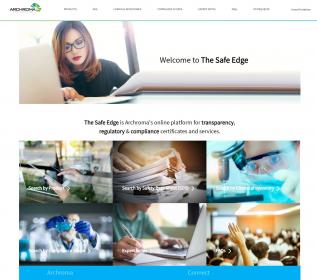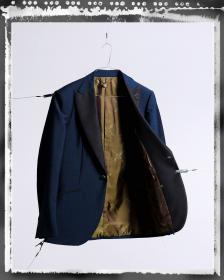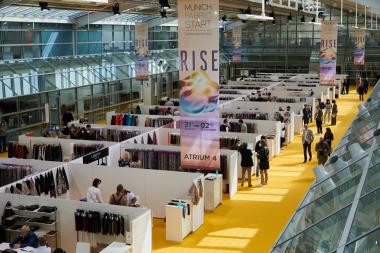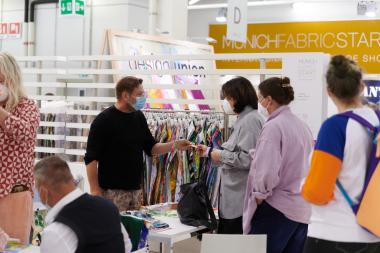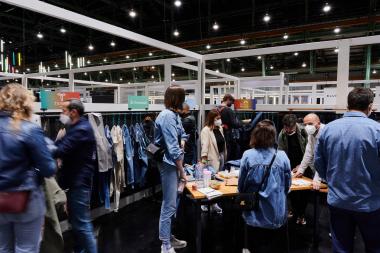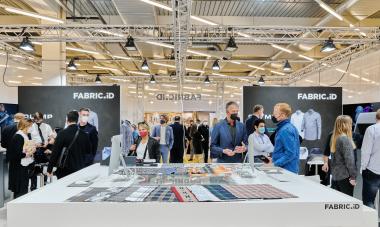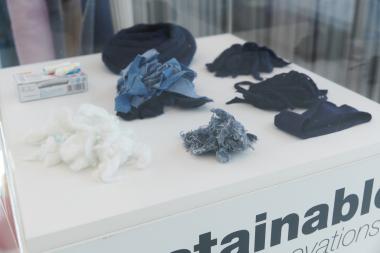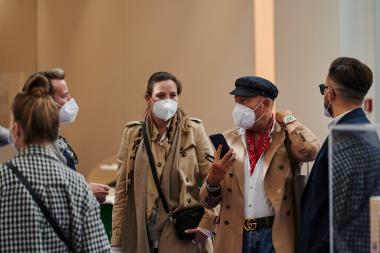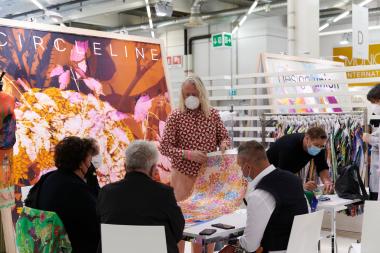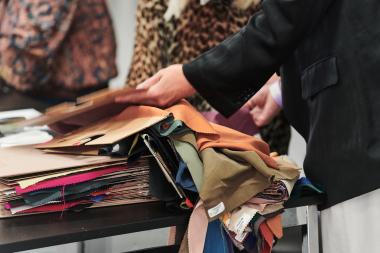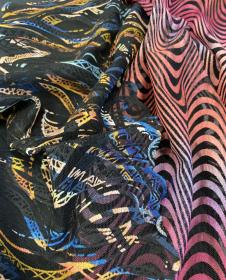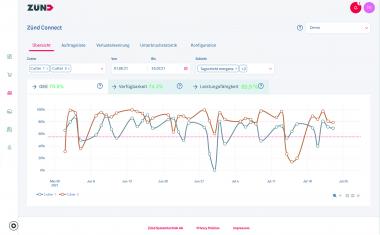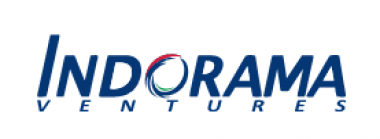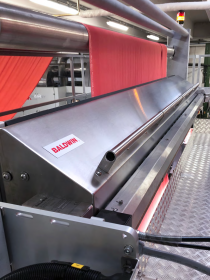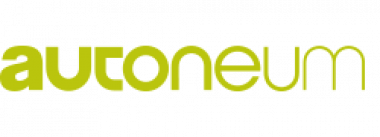Archroma: Online regulatory & compliance platform
- Instant access to ecotoxicological and regulatory information and certificates for Archroma specialty chemical products
- Faster decision-making and time-to-market for manufacturers, brands and retailers in the textile, paper, packaging, paint, and construction industries
Archroma, a global leader in specialty chemicals towards sustainable solutions, announced the launch of The Safe Edge, an online platform for instant access to product related regulatory & compliance certificates and information.
With continuously growing public awareness around the social, health and ecological impacts of human and business activities, the need for transparency and traceability in supply chains has become essential.
Time to market is equally critical, and manufacturers, brands and retailers need access to reliable information in real time.
The Safe Edge platform has been designed with that in mind: It allows brands, retailers and manufacturers of textile, fashion, packaging, paper, paints, to verify with just a few clicks the regulatory & compliance status of Archroma products, including regulations, ecotoxicological information & certifications, and brand requirements.
The Safe Edge covers standards, regulations and information such as air emission factors, animal origin, halal, kosher, plant origin, food contact, Blue Angel, bluesign®, Cradle-to-Cradle, chemical inventories, Composability EN 13432, conflict minerals, EU Flower/Ecolabel, GOTS, CONEG, ISEGA, Nordic Swan, Oekotex® Standard 100, California Prop 65, REACH, RoHS (Restriction of Hazardous Substance), Screened Chemistry, SDS, SVHC (Substance of Very High Concern), VOC (US), ZDHC (Zero Discharge Hazardous Chemicals), and brand standards (like Coats A&F MRSL, Decathlon RSL 2020, Jack Wolfskin RSL and The List IV by Inditex.
With the launch of The Safe Edge, Archroma continues to assert its leading role in driving sustainability in its industries, in line with its commitment to the principles of “The Archroma Way to a Sustainable World: safe, efficient, enhanced, it’s our nature”. The “Safe” principle in particular is at the core of the Archroma approach to sustainability, with the deeply rooted goal to protect people and the planet with products that are safe to use, and safe to wear.
The Safe Edge is already accessible for manufacturers, brands and retailers in Europe and Asia, and will be launched in North America in September 2021, and in Latin America by the end of the year.
Archroma


